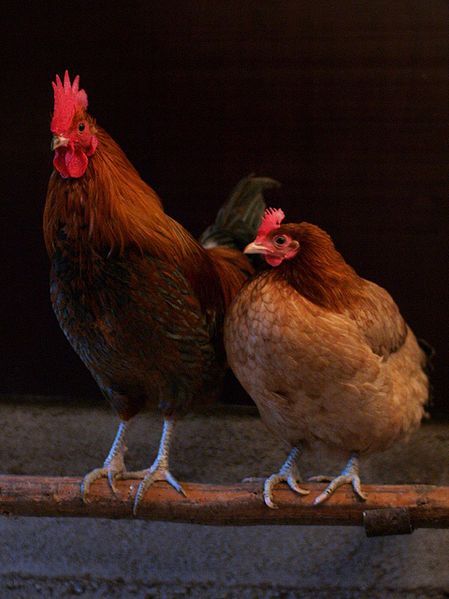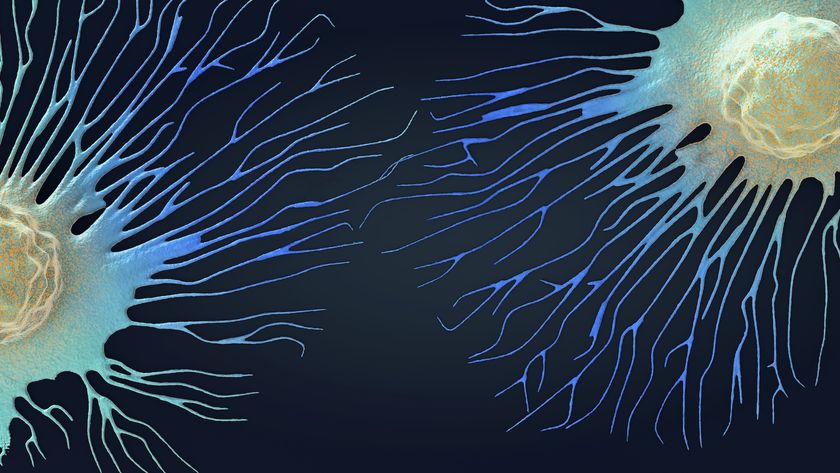Arsenic in Chicken Leads to Stopped Drug Sales: FDA

The company that manufactures an animal drug that has been used since the 1940s to fatten up chickens is voluntarily halting sales of the drug, following a Food and Drug Administration (FDA) report.
Alpharma, a subsidiary of Pfizer Inc., will voluntarily suspend U.S. sales of the animal drug 3-Nitro (Roxarsone) after the report showed that the livers of chickens treated with the drug contained low levels of inorganic arsenic, a known carcinogen.
The drug is used to control intestinal parasites and improve weight gain in poultry, said Bernadette Dunham, director of FDA's Center for Veterinary Medicine, at a news conference today (June 8).
While the levels of arsenic detected were very low and do not pose a health risk, sales are being halted because the tests had raised concerns of a "completely avoidable exposure to a carcinogen," said Michael R. Taylor, FDA deputy commissioner for foods.
The drug is fairly broadly used by the poultry industry, said Dr. David Goldman, of the U.S. Public Health Service Commissioned Corps. The drug is also approved for use in swine and turkeys.
The FDA study was prompted by scientific reports showing that organic arsenic, which is the form of arsenic in 3-Nitro, could be converted to the more toxic inorganic arsenic from in the environment, the administration said. The study was conducted to find whether this conversion could happen in animals as well.
Sales of 3-Nitro will continue for 30 days from today, according to Alpharma's plan. Allowing sales for this period will provide time for animal producers to transition to other treatment strategies and will help ensure that animal health and welfare needs are met, the company said.
Sign up for the Live Science daily newsletter now
Get the world’s most fascinating discoveries delivered straight to your inbox.
Pass it on: Alpharma, the company that manufactures an animal drug used to fatten up chickens, is voluntarily halting sales of the drug, following a FDA report.
This story was provided by MyHealthNewsDaily, sister site to LiveScience. Follow MyHealthNewsDaily Twitter @MyHealth_MHND.













